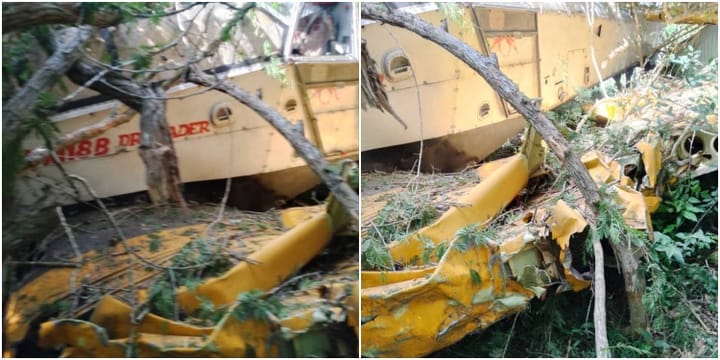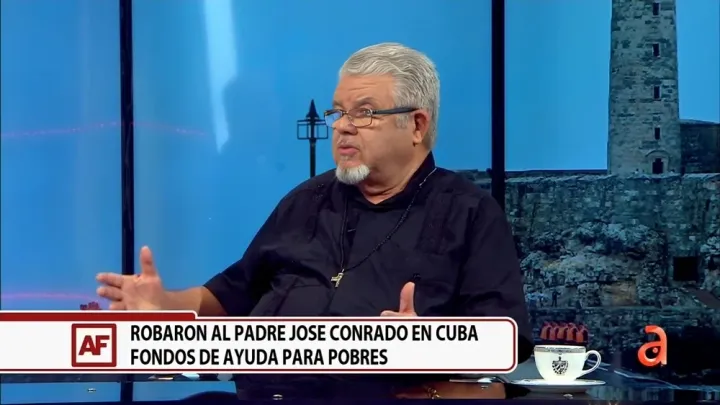The MINSAP confirms a case of malaria in Sancti Spíritus after networks revealed it.
Regarding the contagion, Cuban authorities acknowledge that they diagnose more than a dozen annual cases of that disease.

The Cuban Ministry of Public Health (MINSAP) confirmed the detection of a case of malaria in Sancti Spíritus and offered details on the measures taken to prevent an outbreak of the disease, after numerous people on social media revealed the existence of this health problem.
According to the official media Escambray, which interviewed Dr. Carlos Ruiz Santos, director of the Provincial Center for Hygiene, Epidemiology and Microbiology of that province, the patient lives in Jatibonico and arrived in Cuba from Angola on December 24th last year.
According to the official, the patient was in the city of Benguela, where he lived “by an independent contract, he is not a health collaborator nor of any other type”. More than 20 days after his arrival, on January 17, the individual “began with a fever and another group of symptoms, such as general malaise, skin lesions,” he said.
The individual was admitted on January 23 to the Camilo Cienfuegos Provincial Hospital in Sancti Spíritus, and the following day tested positive for the contagious disease. The blood test was sent to the Pedro Kourí Institute of Tropical Medicine in Havana, which confirmed the infection on the 27th.
Ruiz Santos recalled that malaria is transmitted through the Anopheles mosquito, which has different habits than those of the Aedes aegypti, responsible for the outbreaks of dengue that occur in Cuba every year.
“An integration of actions began to be carried out with the goal of preventing transmission,” assured the official, who commented that health authorities combed through a two-kilometer radius around the infected person’s home and “found breeding sites” for the vector.
MINSAP would have also inspected 10,000 homes, added Ruiz Santos, looking for other infected individuals. “1,025 homes were fumigated with malathion (pesticide) and electric traps were placed for the capture of the mosquito,” in addition to fumigating open areas with mobile equipment.
As expected, the poor hygienic situation of cities and towns in Cuba led MINSAP to also drain ditches, eliminate leaks and collect trash, “minimizing risks,” admitted the official.
Among the inhabitants of the area, Ruiz Santos recognized, “there are a number of febrile syndromes,” although he did not offer the figure. Similarly, during the investigation, three cases of dengue were detected, although he assured that “the province does not have a complex situation” with this virus since the contagion rate is five for every 100,000 inhabitants.
“Today we do not believe that any new case” of malaria will appear, he assured, although he warned that it is necessary to wait 21 days from the diagnosis of the case to close the alert. Despite this, he commented, MINSAP is “performing thick blood smear tests for three days on people who might have had contact with the patient.”
Likewise, he acknowledged, a team from MINSAP from the capital is in Sancti Spíritus advising the campaign.
The patient is still admitted, “isolated in a cubicle in the infectious disease ward, with a positive evolution,” he said.
However, at the end of the interview, Ruiz Santos acknowledged that since 2020 no other case of malaria had been reported in the province and revealed that about 15 patients with this condition are reported in Cuba each year, “all imported,” he said, mostly from travelers from Africa and neighboring countries, such as Brazil and Venezuela.
This had not been disclosed until now, despite reports of Cuban doctors exported to Africa who died after contracting the disease. Again, social media forced the authorities to break their usual opacity.



Comments ()